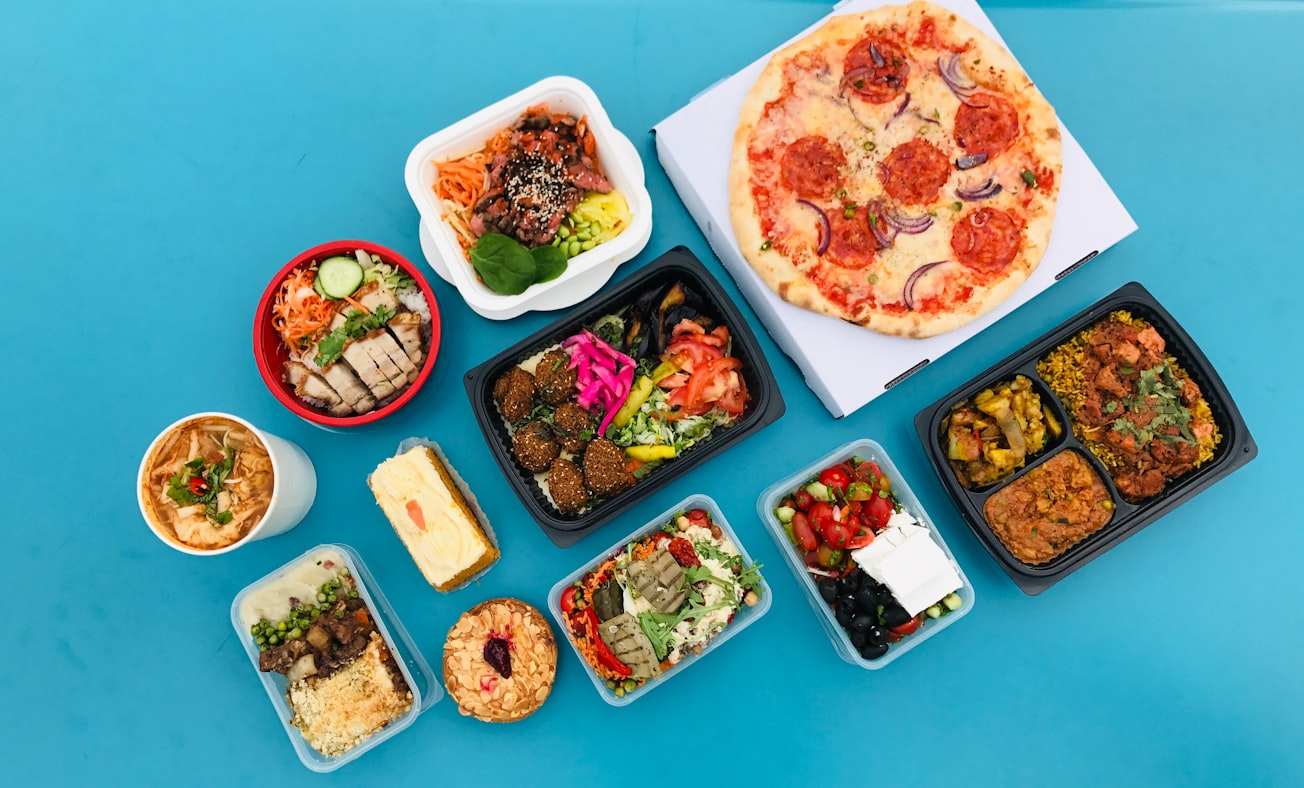What is it about?
Food allergy is a common condition in North American society but there has been little research examining the condition incorporating sociological methods or theories. This paper examines the revival of immunotherapy for food allergy from the perspectives of clinicians and scientists undertaking the practice. It argues there are several uncertainties characterizing the development of the treatment, including ambiguities about whether the therapy should be a 'food' or a 'drug', and related uncertainties about how to diagnose food allergy, and questions concerning who should be treated and enrolled in clinical trials for immunotherapy. Despite uncertainties and arguments supporting the different variations of immunotherapy, practitioners express their desires for continued intra-professional collaboration with those who practice both food and/or drug variations. Uncertainties in medicine and science are usually construed as issues that need to be overcome or managed. In this case, uncertainties have cultivated the continued co-development of different approaches to immunotherapy.
Featured Image

Photo by Cristiano Pinto on Unsplash
Why is it important?
There is very little research on food allergy from a sociological perspective that explores the development of medical and/or scientific knowledge about the condition. Relatedly, this case study reveals how different approaches to treatment involving both food and 'drugs' can co-exist. This paper draws attention to the on-going practice of immunotherapy, which is relatively 'new' in North America, and highlights the ways clinicians and scientists can continue to collaborate despite their stances supporting different visions for how to implement a new treatment.
Perspectives
As someone who is food allergic, and who also knows several people who are food allergic, I hope this article provides insight and awareness about a new domain of on-going research that seeks to improve treatments for those who are food allergic. There is already evidence that food and drugs will continue to co-develop for the treatment of various diseases, and this case study of food allergy immunotherapy can serve as a useful framework to understand the different visions and ideas underpinning both 'food' and 'drug' -based approaches to therapeutic interventions. I hope clinicians and scientists will actively solicit patient and food allergic individuals' perspectives and ideas about the 'best' ways to treat and cope with food allergy as the treatment continues to develop.
Stephanie Nairn
McGill University
Read the Original
This page is a summary of: Passive tolerance and productive uncertainties in food allergy immunotherapy biomedical practices, Sociology of Health & Illness, August 2022, Wiley,
DOI: 10.1111/1467-9566.13523.
You can read the full text:
Contributors
The following have contributed to this page










